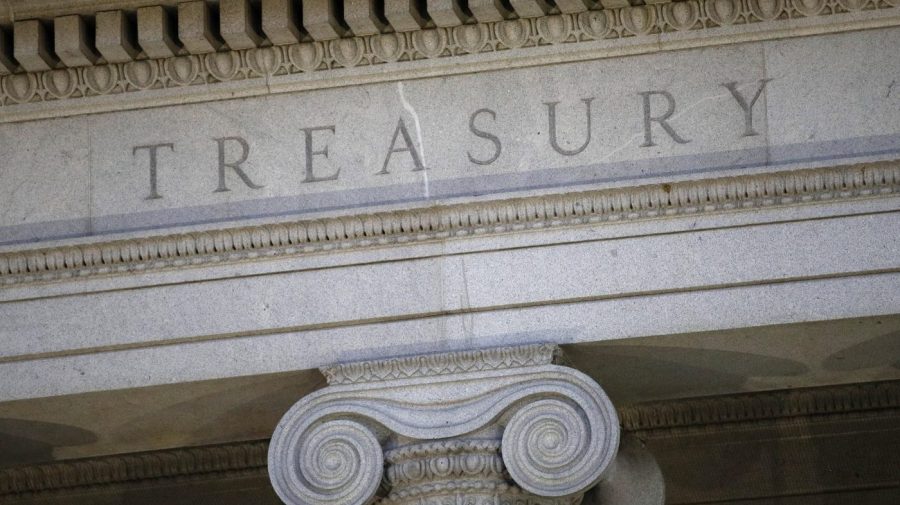The Treasury Department banned the maker of spyware used to target government officials, reporters and activists, deploying “first-of-its-kind” sanctions against sellers of commercial spyware.
The U.S. government deployed sanctions against Greece-based spyware vendor Intellexa on Tuesday and the company’s leadership after targeting U.S. officials.
“Today’s actions represent a tangible step forward in discouraging the misuse of commercial surveillance tools, which increasingly present a security risk to the United States and our citizens,” Under Secretary of the Treasury for Terrorism and Financial Intelligence Brian E. Nelson said.
The Treasury Department targeted two individuals and five entities associated with Intellexa for their role “in developing, operating, and distributing commercial spyware technology” utilized for targeting policy experts, reporters, human rights activists and government officials.
The Tuesday announcement represents the first time the U.S. has sanctioned a commercial spyware entity. The technology has faced increased scrutiny over its capability to collect data, contact lists, and recordings without the knowledge of the phone’s owner.
The sanctions prevent U.S. firms and residents from doing business with the listed companies and individuals, including Intellexa founder Tal Jonathan Dilian and Sara Aleksandra Fayssal Hamou, one of the consortium’s managers.
Intellexa Consortium’s Predator software has been sold to multiple governments around the world. They charge customers millions of dollars for their software, according to documents published by Amnesty International in 2022.
The sanctions follow President Biden’s executive order from last March prohibiting the use of commercial spyware across the federal government.
“The United States remains focused on establishing clear guardrails for the responsible development and use of these technologies while also ensuring the protection of human rights and civil liberties of individuals around the world,” Nelson said.
